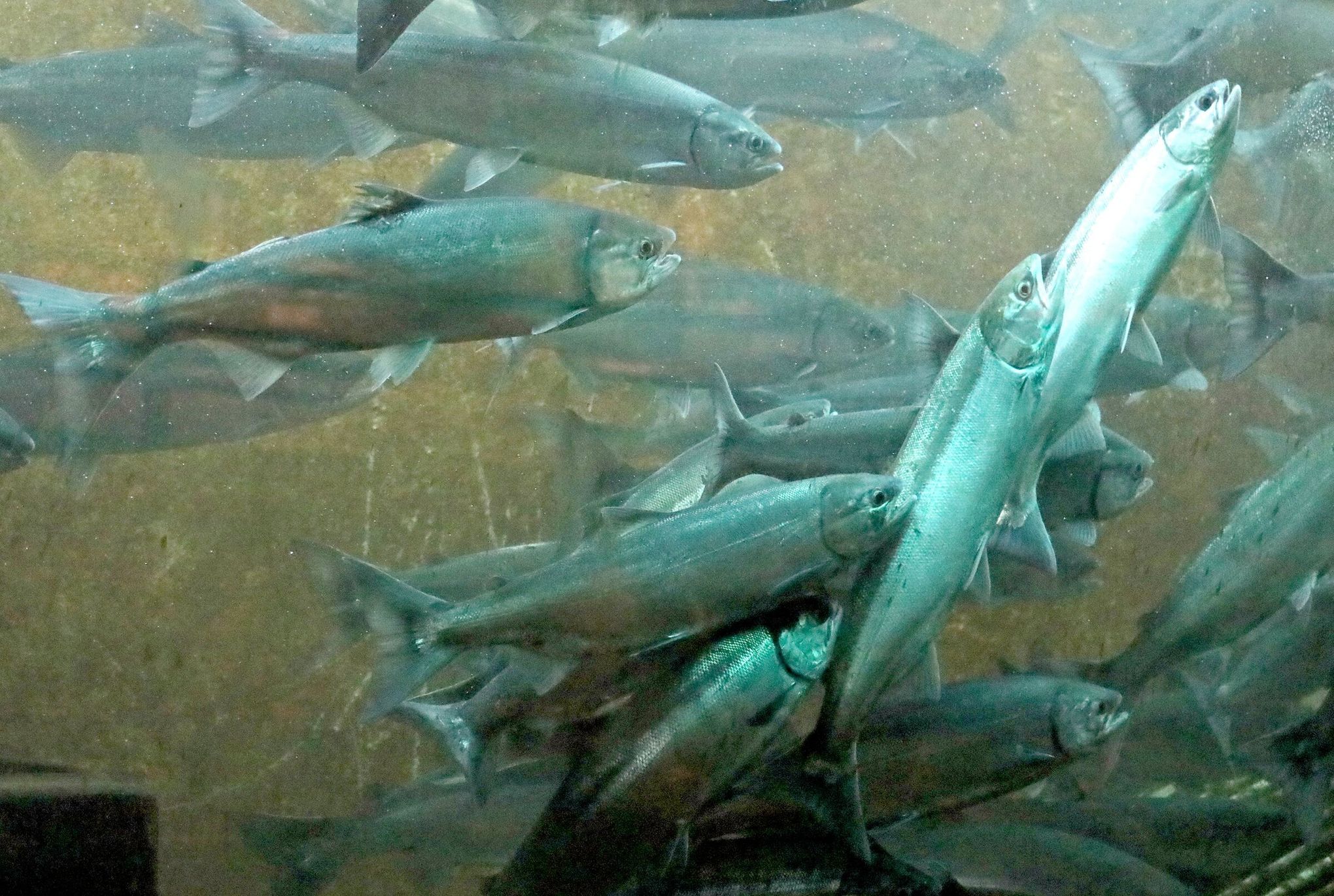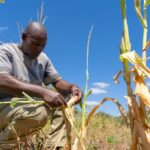
A new report from the nonpartisan U.S. Government Accountability Office on salmon and water quality in Puget Sound says the Washington State Department of Ecology has routinely missed deadlines to develop an “impaired waters list,” as required every two years by the Clean Water Act.
The report also reiterates existing research that high temperatures, low levels of dissolved oxygen, sediment and toxic contaminants like a chemical linked to tires can hurt the survival of the threatened Puget Sound Chinook, Hood Canal chum salmon and Puget Sound steelhead.
According to the report, Ecology is “behind most other states” and missed deadlines for the lists that were due in 2020 and 2022 and in the prior assessment cycles, submitted in 2021 a “combined list” covering the 2014, 2016 and 2018 assessment cycles, three years after the deadline.
In response, Ecology and Gov. Jay Inslee’s office defended their salmon recovery efforts saying the report takes a narrow lens of examining efforts through Clean Water Act reporting deadlines.
Ecology and Inslee’s office have also said that it is common for states to miss the two-year deadlines, calling it an outdated part of the 1972 Clean Water Act. Both offices added that Washington state conducts a comprehensive water assessment in partnership with Native tribes, which takes time.
“We perform one of the largest and most thorough water quality assessments in the nation, including millions of data points,” said Ecology Director Laura Watson in a letter included in the report.
In the letter, Ecology said it disagreed with the report’s focus and that it lacked recommendations and overlooked “truly important solutions for salmon recovery.”
“The idea that missing antiquated reporting deadlines hampers our actions on salmon recovery is absurd,” said Inslee spokesperson Mike Faulk, citing investments over the last two decades in research and policy changes around toxic chemicals in stormwater.
The report was requested by Republican U.S. Reps. Cathy McMorris Rodgers and Dan Newhouse from Eastern Washington and Cliff Bentz from Oregon, who shortly after the report’s release criticized Gov. Jay Inslee andEcology in a combined statement.
“For the last decade, this administration has been so distracted by misguided efforts to breach the Lower Snake River dams that they completely ignored the salmon being poisoned in their own backyard,” the representatives said in the statement.
For decades, the Nez Perce tribe has been at the center of a decadeslong battle for the removal of the four Lower Snake River dams in Eastern Washington to restore spawning habitat for salmon facing extinction, a move that has been recommended by the National Oceanic and Atmospheric Administration. Citing concerns over lost jobs, irrigation access and electricity generation, McMorris Rodgers, Newhouse and Bentz have argued against the removal.
The government report, which was conducted between February 2022 and November 2023, acknowledged that Ecology is limited in funding and staff and in its ability to regulate pollution that does not come from factories and wastewater treatment plants through voluntary means. Ecology water quality program manager Vincent McGowan said the department and the EPA have already agreed to improve the timeliness of their assessments.
Following the Clean Water Act, states are required to develop a list of “impaired” waters and submit that list to the EPA every two years. Those lists are relevant for when the states issue water quality permits to “point source” polluters like factories and wastewater treatments that discharge wastewater from pipes. Nonpoint sources of pollution include everything else like runoff from timber harvests, septic systems, roads, lawns, parking lots and vessel pollution.
According to Ecology, Puget Sound is “impaired” partially due to low dissolved oxygen from nitrogen or excess nutrients. The excess nitrogen leads to increased algae growth, which then consumes oxygen when it dies. Salmon rely on cool, oxygen-rich water to survive and spawn. In Puget Sound, excess nutrients come from point and non-point sources, McGowan said.
Faulk said the criticism of the state’s salmon recovery rang hollow given that McMorris, Rodgers and Newhouse have been “totally absent on federal support for salmon recovery,” adding that they voted against the Infrastructure and Jobs Act, which included a $2.8 billion investment in restoring salmon habitat.
Swinomish Tribe Chair Steve Edwards said in a statement that the report puts another spotlight on Puget Sound salmon and “points out the need for Ecology to do far more than they have.”
Edwards added that the Skagit River has been designated as “impaired” for more than 20 years and progress has been slow to restore the Chinook salmon’s habitat by planting trees to cool streams. Only 10% of the stream miles that are too warm for the fish to survive have been planted, he said.
“It’s sad and frustrating and really unacceptable that there is no accountability for the ongoing harm this causes to our salmon, our Treaty Rights, and our cultural lifeways,” Edwards said.
Source : Seattle Times





